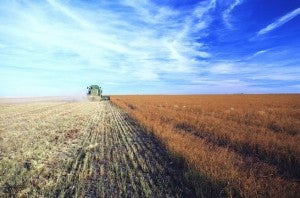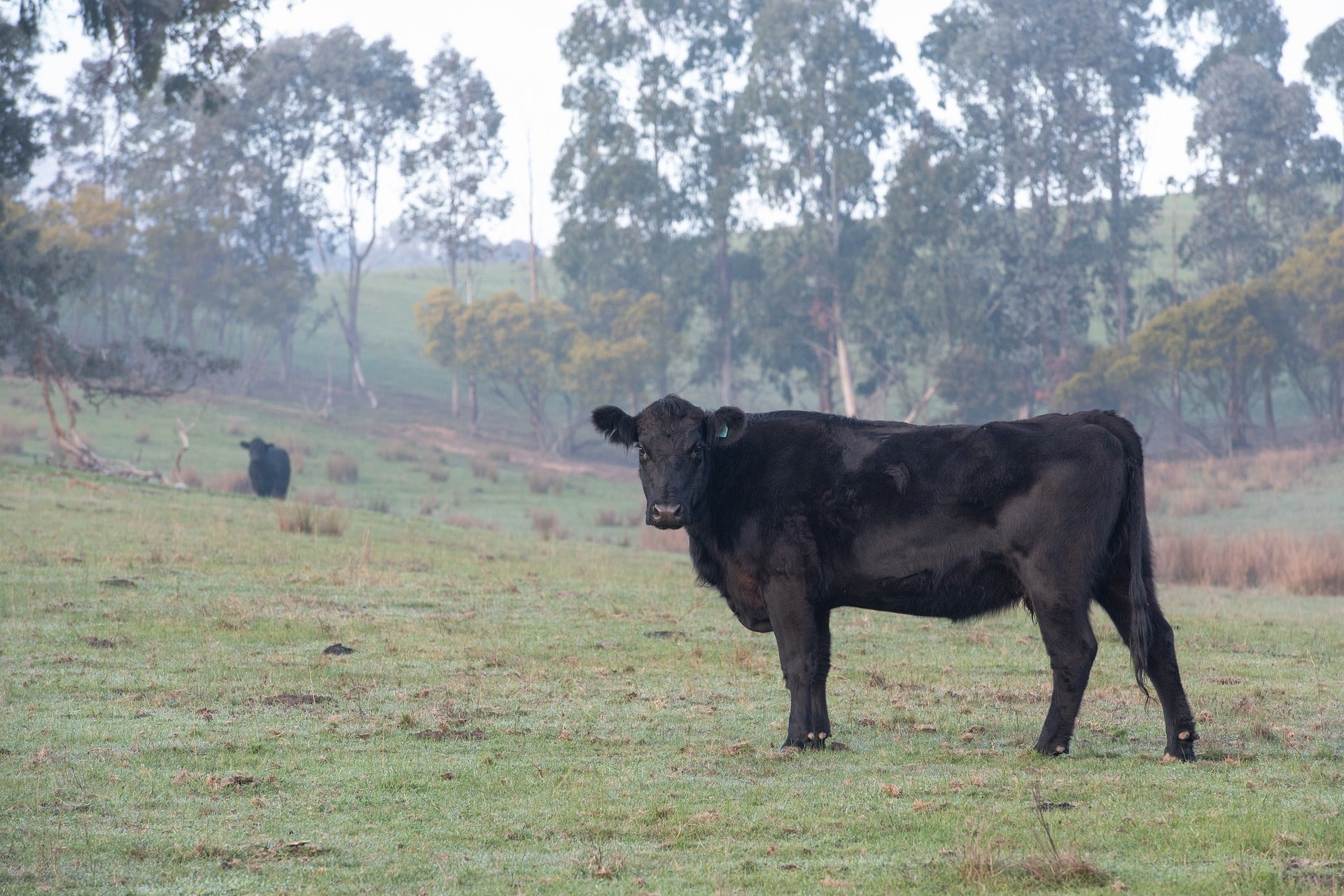
How Farm Credit Canada uses partnerships to help farmers invest in sustainable practices
In 2022, Farm Credit Canada launched the Sustainability Incentive Program to recognize and encourage customers to implement sustainable farming practices. Through the program, FCC partners with agriculture industry-led sustainability initiatives that have established systems for verifying and measuring environmental outcomes. This model has allowed FCC to offer innovative financial incentives to farmers producing several different commodities.
I sat down with Curtis Grainger, FCC’s Director of Lending Products and Sustainability Programs, to learn more about Farm Credit Canada’s Sustainability Incentive Program.
What were FCC’s motivations for creating sustainability incentives?
At FCC, we are Canada’s leading agriculture and food lender, dedicated to the industry that feeds the world. We believe that a sustainable agriculture and food industry is vital to the success of our customers, the industry and our planet. There are many ways that producers can help move the needle on sustainability without requiring additional lending, and FCC wanted to make sustainable outcomes more attainable for producers through an incentive program.
Increased adoption of these practices benefits producers and provides additional credibility in the market for industry-led sustainability initiatives. This type of programming offered by FCC serves as a catalyst to encourage all sectors to continue developing and maturing initiatives that support producers’ adoption of sustainable business practices.
What types of incentives are you offering?
The first initiative FCC launched was to reward Canadian Roundtable for Sustainable Beef Certified producers and incentivize more producers to become certified through this program. Following that initiative, we expanded into the crop and potato sectors.
For example, FCC partnered with McCain Foods, a Canadian-based global leader in prepared potato products, to provide financial support to potato growers transitioning to sustainable agriculture practices under McCain’s Regenerative Agriculture Framework. Through the partnership, Farm Credit Canada offers their customers who are McCain suppliers an incentive payment calculated as a proportion of the loan with FCC up to a maximum of $2,000 per year. McCain matches FCC’s incentive for producers at the “onboarding” level of the Framework and increases its match amount as the producer progresses through the framework to the Master and Expert levels.
FCC also partners with Cargill’s RegenConnectTM program which is in its early stages of offering support to Canadian farmers engaged in sustainable practices.
Why was partnering with food companies and sector initiatives important to deliver these incentives?
Although we know a lot about agriculture, the people that know the most are those producing the food. It was extremely important to build the program in a way that recognizes the good work already being done and encourages the continued adoption of sustainable practices. The more we can give back to the producer, the better.
The programs we have in the market have been built based on existing industry-led initiatives. Working with industry partners highlights their expertise, increases the interest in sustainable practices from those sector-specific producers and maximizes the positive financial impact.
FCC continues to explore opportunities to partner in other sectors such as crops, dairy, poultry, horticulture, organics, etc. and support formal, measurable, and auditable initiatives that may be similarly endorsed.
What has been the uptake of these incentives, and what feedback have you received from your customers?
In 2022, more than $370,000 in total incentives were paid to producers, with an average incentive of $1,400 per eligible customer. FCC is pleased to champion the vital work of our forward-thinking customers who tell us they appreciate the Sustainability Incentive Program.
For example, one participant shared, “It is great to be recognized for our efforts to be more sustainable. Our company is in the process of a generational transfer and looks forward to being in the beef business for decades. Programs like yours make us excited for the future.”
Feedback from producers also solidifies our interest in looking for opportunities to support sustainability initiatives in other sectors.
What advice would you give to other agricultural lending institutions interested in supporting the sustainability objectives of their customers?
Work with producers within the agricultural industry to set a progressive bar that rewards both early adopters and innovators. A first step is to think of the first thing you can offer to producers today that can progress over time to support the long-term health of the agriculture industry. Reducing barriers and making it easy for producers to access financial incentives is important. Don’t be afraid to get something to the industry to test and learn from the experience.
Focusing efforts on a smaller percentile of producers that are leading the way in sustainable practices can be beneficial. Those producers can then become ambassadors for the sustainability movement and help encourage other producers over the threshold to adopt sustainable business practices.












